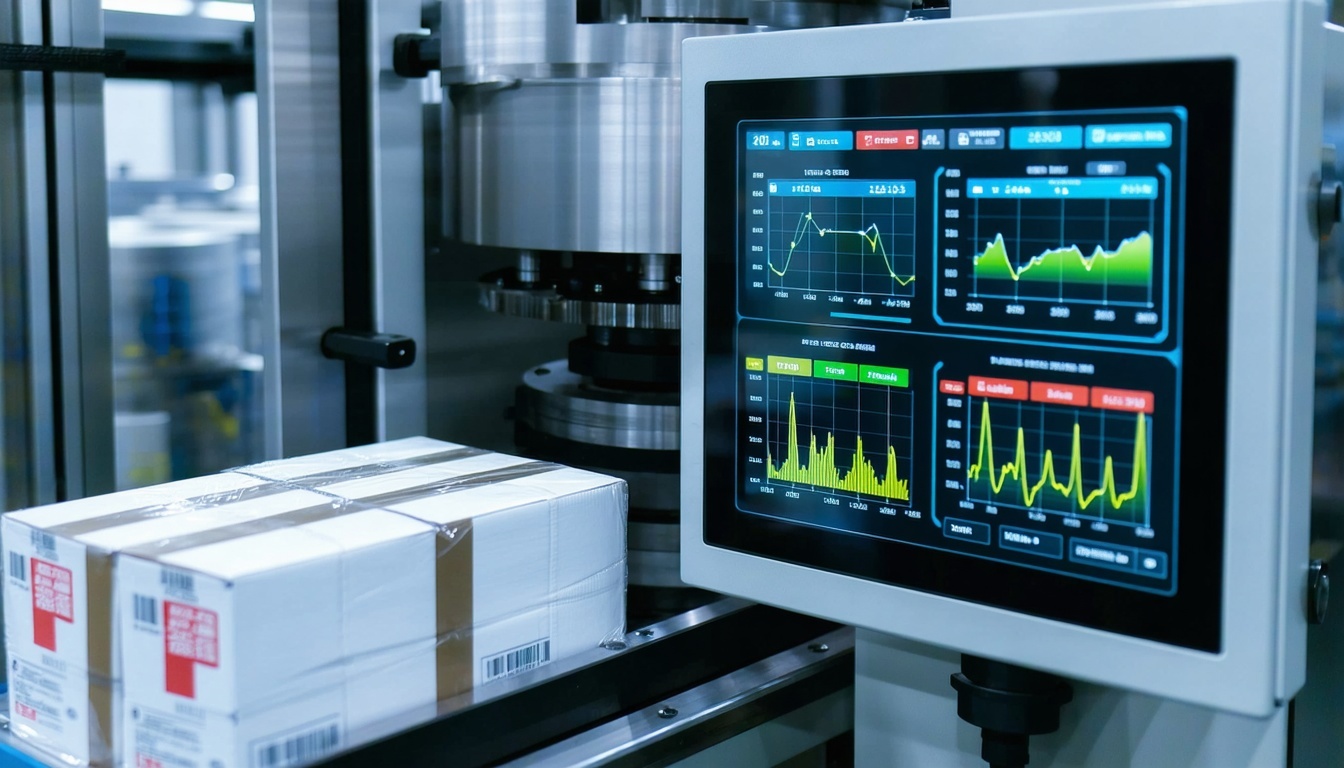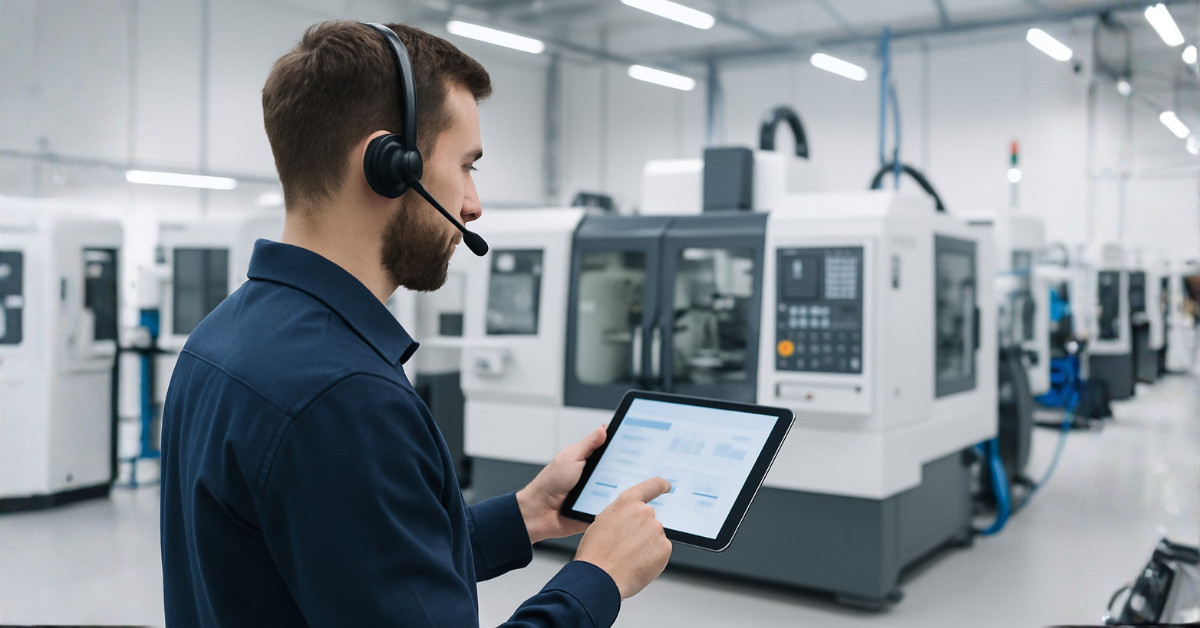PackML delivers measurable ROI through standardized machine data and interoperability, enabling manufacturers to realize the full trillion-dollar potential of industrial IoT transformation.
PackML enables monitoring of KPIs and efficiency at the plant and enterprise level. PackML's standardized machine data and benefits for packaging line is a winner, ROI for OEM's and manufacturers. But did you know that it can go into many other industries – machining, plastics and injection molding machines and others?
Watch ei3 CEO Spencer Cramer explain how PackML shortens engineering and commissioning times, improves quality, and helps create reusable code in this 10-minute presentation from Pack Expo East 2020.
The $200 billion IIoT transformation ahead
According to a Bain Capital management report, the industrial Internet of Things will be a $200 billion market by 2021. This represents a massive digital transformation happening now, with companies at different stages of IoT adoption.
In 2020, companies were distributed across three categories: those just talking about IoT, those planning implementation or doing pilots, and those with extensive company-wide IoT programs already gaining benefits. By 2020, a majority of companies were either planning or implementing IoT solutions.
By 2022, over 22% will have extensive implementation, and by 2027, more than half of all companies will be there.
The trillion-dollar opportunity requires interoperability
McKinsey Global Institute projects that the economic benefit of industrial IoT in manufacturing will exceed $1 trillion per year by 2027. However, they emphasize a critical requirement: interoperability is key to realizing that benefit.
From their studies, interoperability will be required to unleash the full value, and without it, we could see a discount of as much as 40%. PackML provides exactly this type of interoperability standard needed to realize IoT value and increase ROI.
PackML enables machine communication
PackML has this notion of a packet tag way of describing the mode or the operation of the machine in a way that one machine can say it and the other machine can understand it. They can have a conversation where they're speaking the same language, which becomes critical when organizing machines together into a line.
How PackML delivers KPIs and analytics
The system works through a clear data flow:
- Machine PLC programmed with PackML creates PAC tags
- Secure network uses Ethernet and OPC UA to collect PAC tags locally
- Cloud transmission securely sends data for analysis
- Analytics processing converts PAC tags (machine execute, suspend, held) into OEE calculations
- Information delivery through webpages, dashboards, and reports
Real-world ROI examples
Fleet comparison and optimization
Machine owners with multiple identical machines can identify which runs best and which needs attention. Machine builders can provide incredible value by creating systems where anonymized data from all machines enables them to tell customers: "We couldn't help but notice that your three machines from us are in the bottom quartile. We can help you make them better."
5% productivity improvement without capital investment
Simple productivity visibility through mobile apps has proven to deliver 5% improvement in machine productivity without any additional capital equipment. ROI-wise, if you have a shop floor of 20 machines and improve all machines by 5%, that's like getting one free machine.
PackML ROI: Standalone and cloud benefits
Standalone ROI ("in the walls")
- Simplify machine operations
- Train operators quicker and easier
- Faster start-ups
- More robust and transportable software code
- Easier troubleshooting
- Consistent operation
- Performance measurement capabilities
Cloud-enabled ROI
- Standardized data enables big data analytics
- Global install base provides deep analytics opportunities
- Digital twinning and modeling capabilities
- Benchmarking machines to standards
- Predictive services and customer optimization
- Alert systems for non-conforming performance
Market demand drives adoption
Some very large CPG companies actually spec that the machine must have PackML, making it an increasingly important standard for machine builders. Manufacturing companies appreciate OEMs delivering machines with PackML because they work more easily in production lines.
The bottom line
PackML, whether "in the walls" or in the cloud, enables potential savings. Machine builders know that PackML-equipped machines integrate more easily into lines, while manufacturers gain opportunities for increased ROI through standardized data and enhanced monitoring capabilities.





